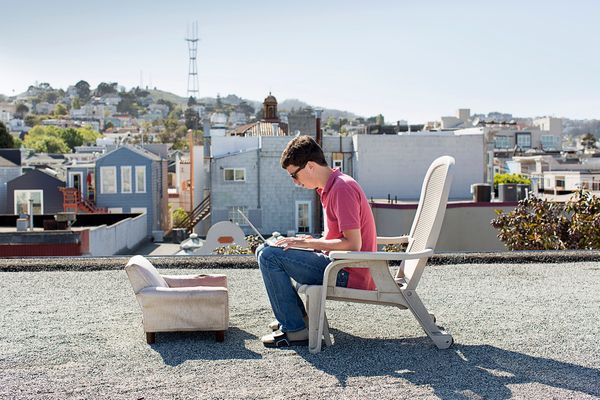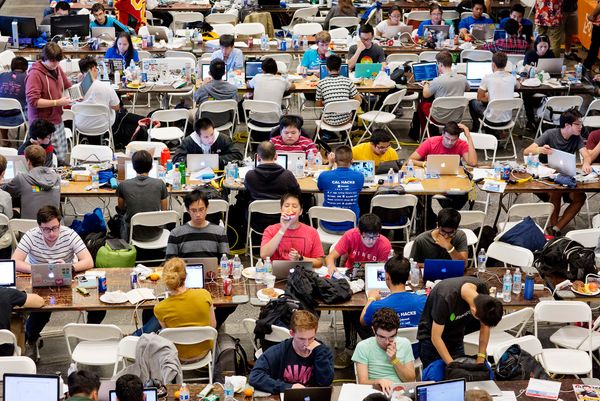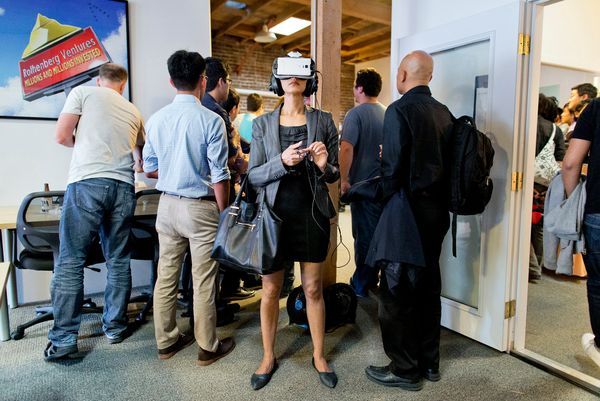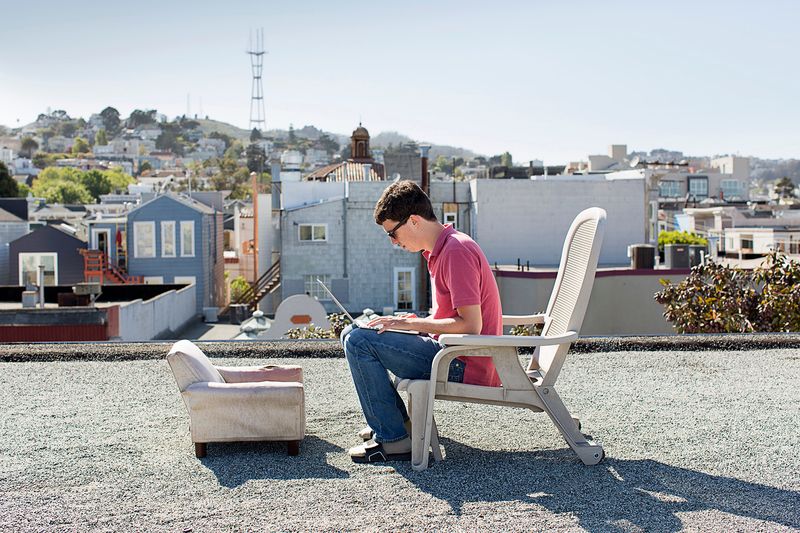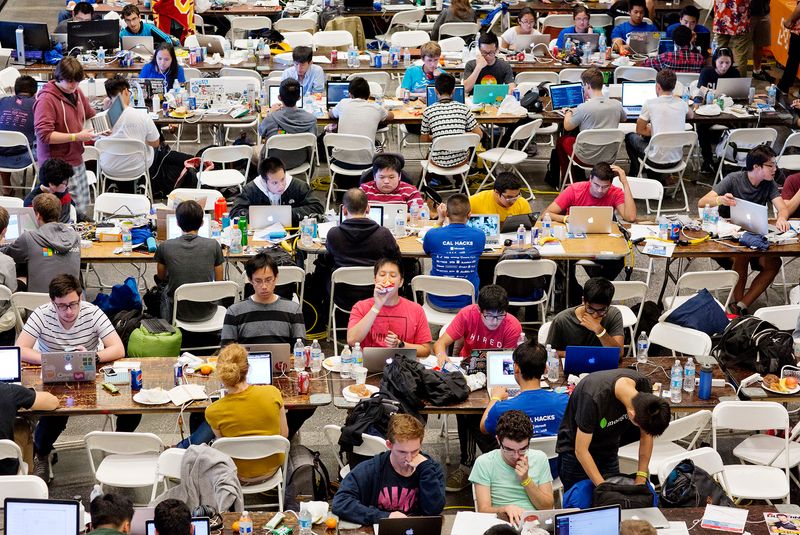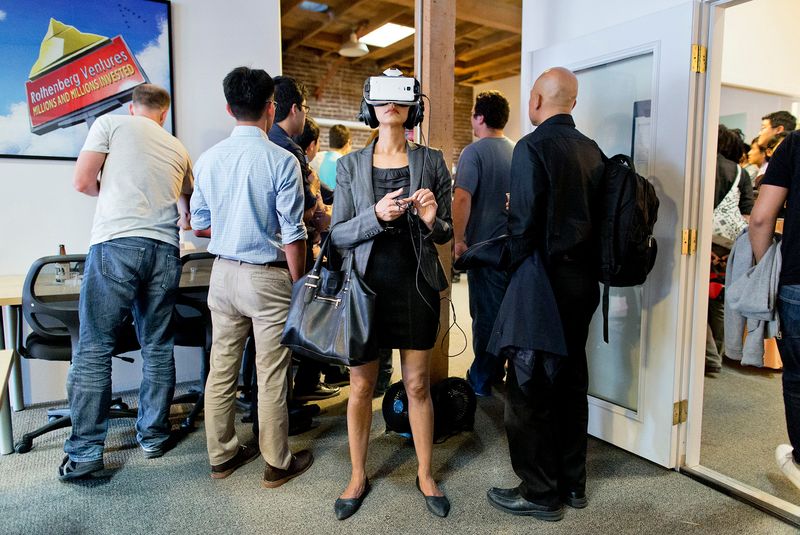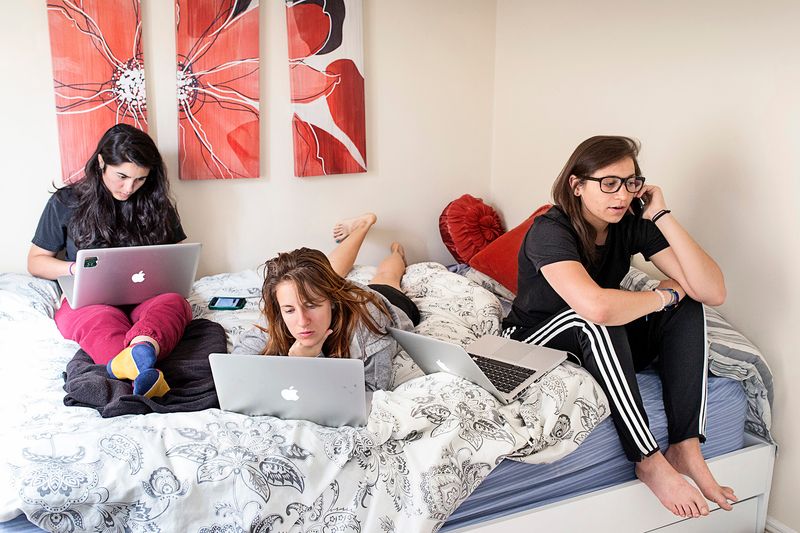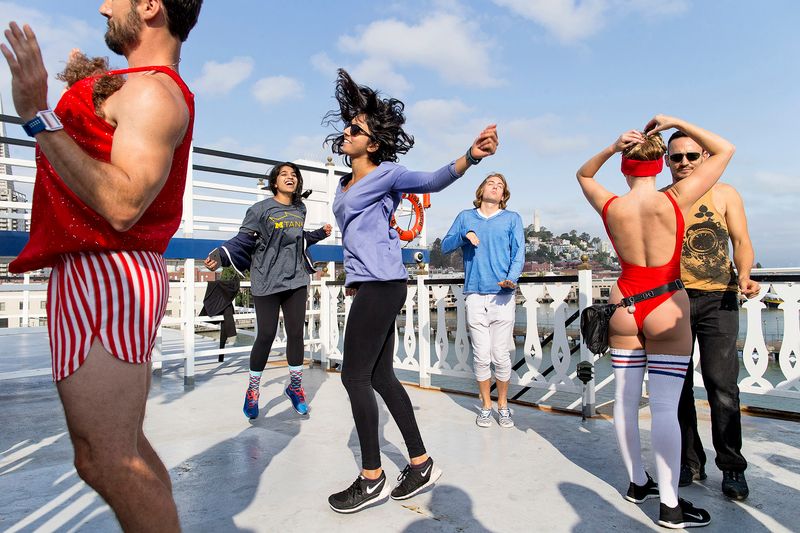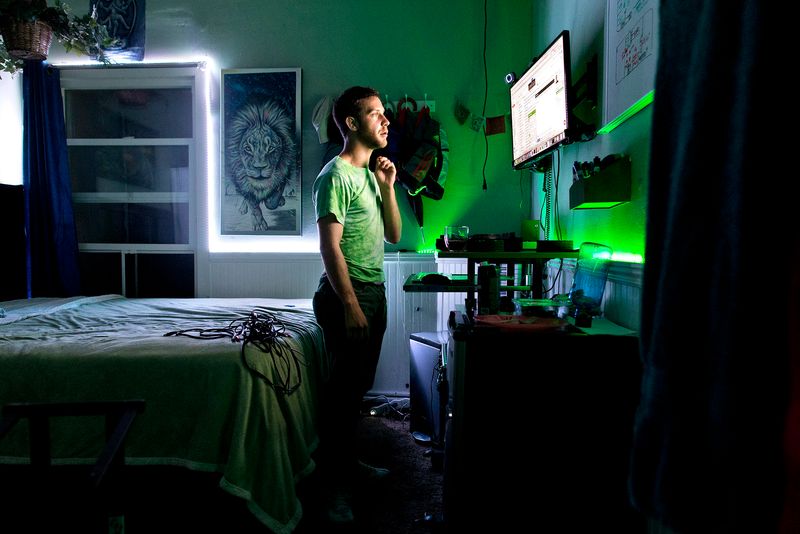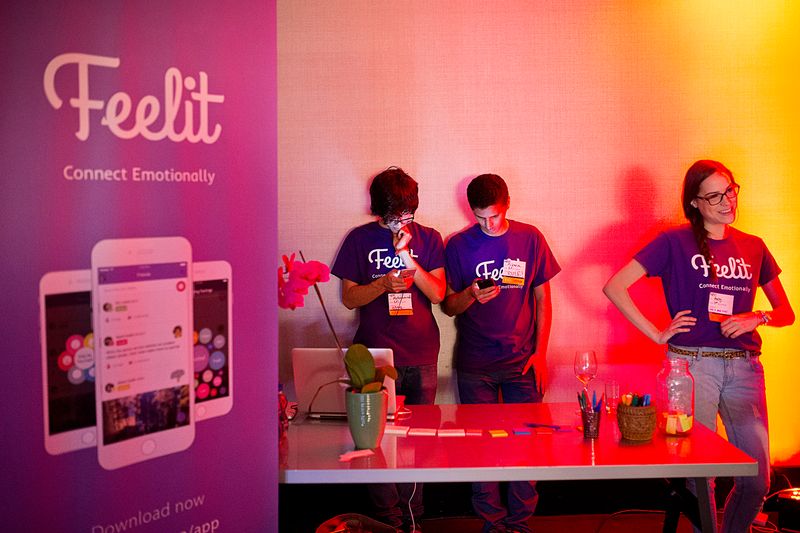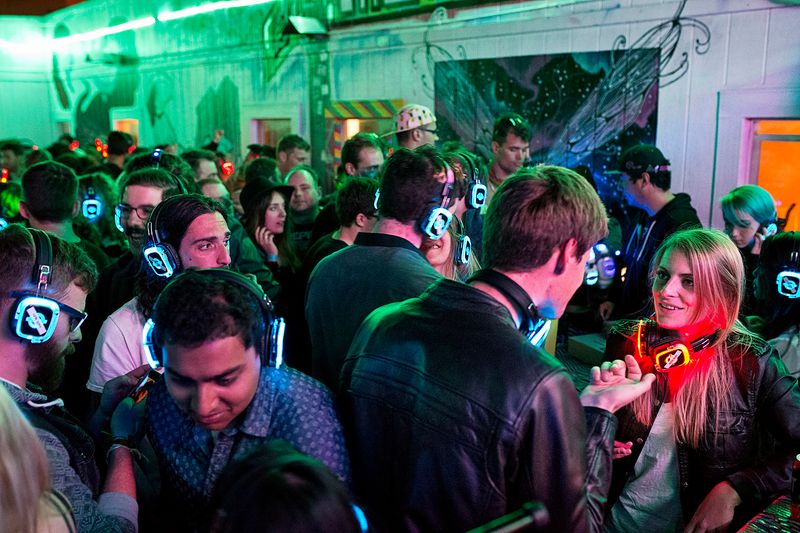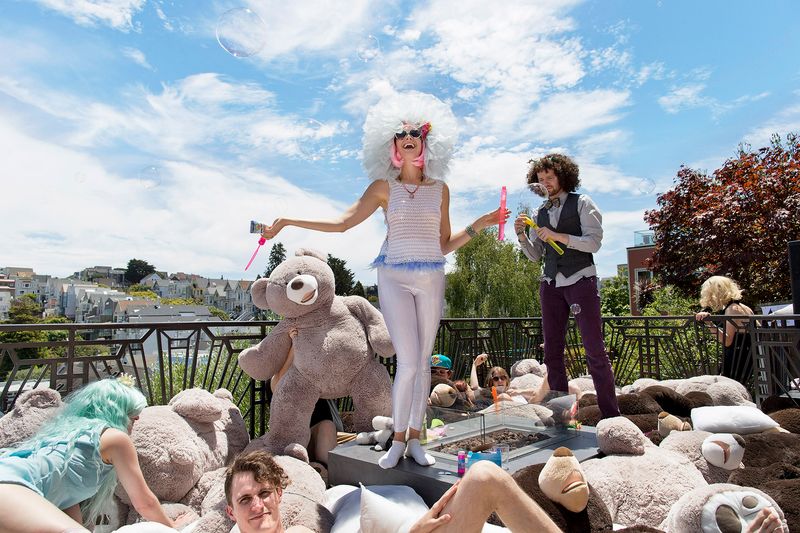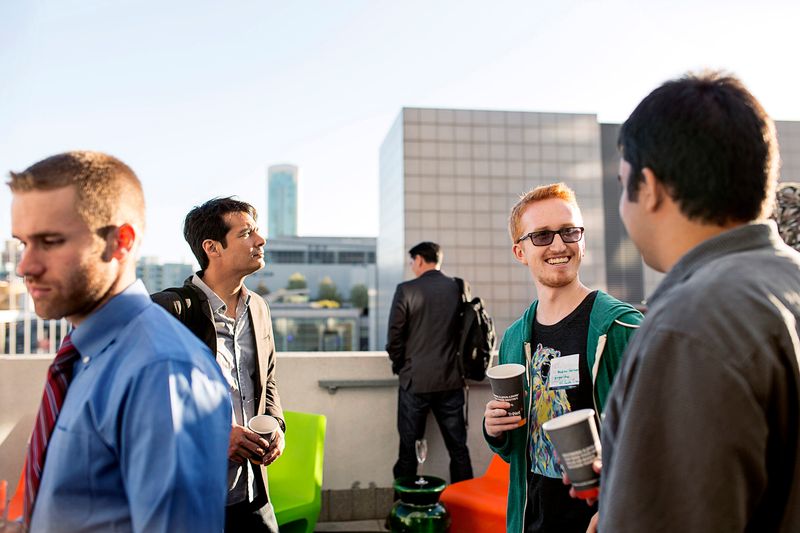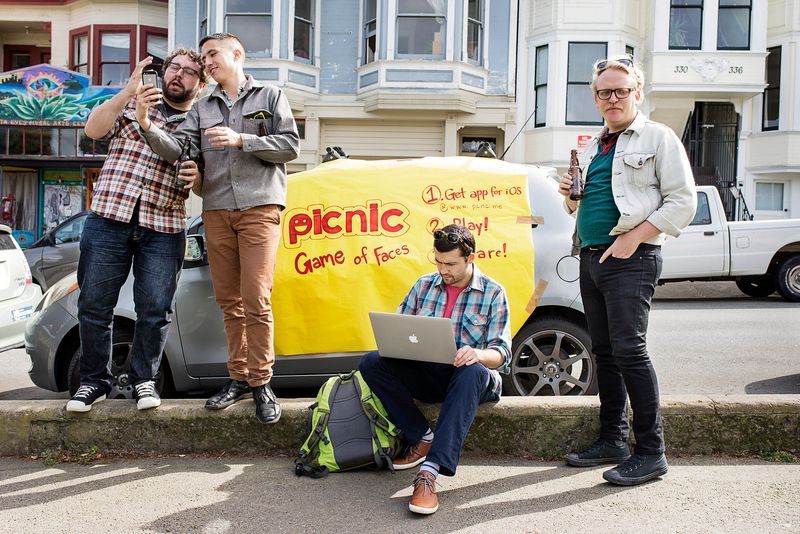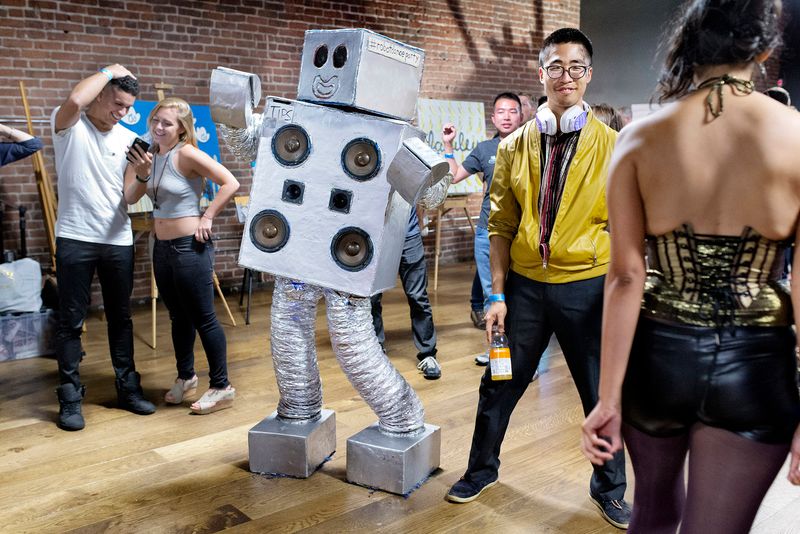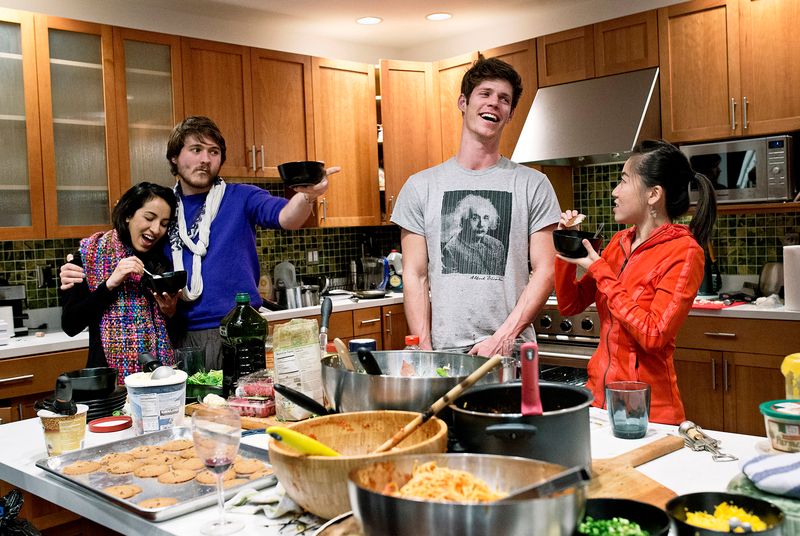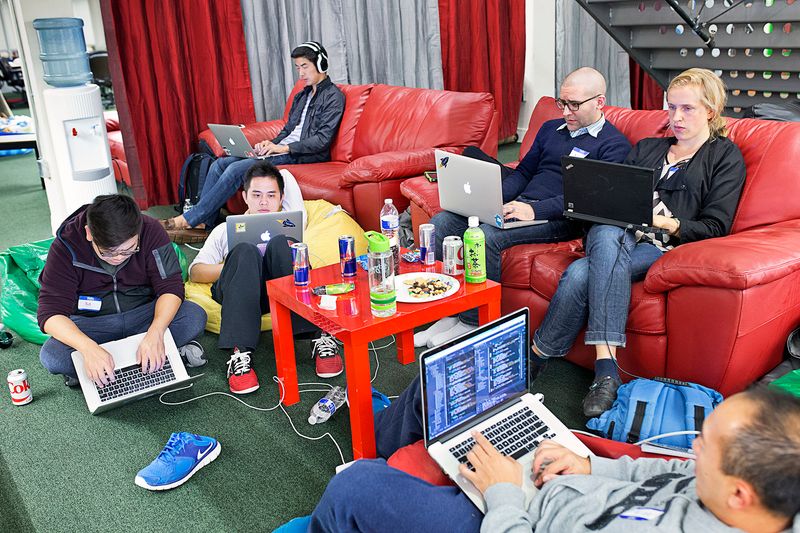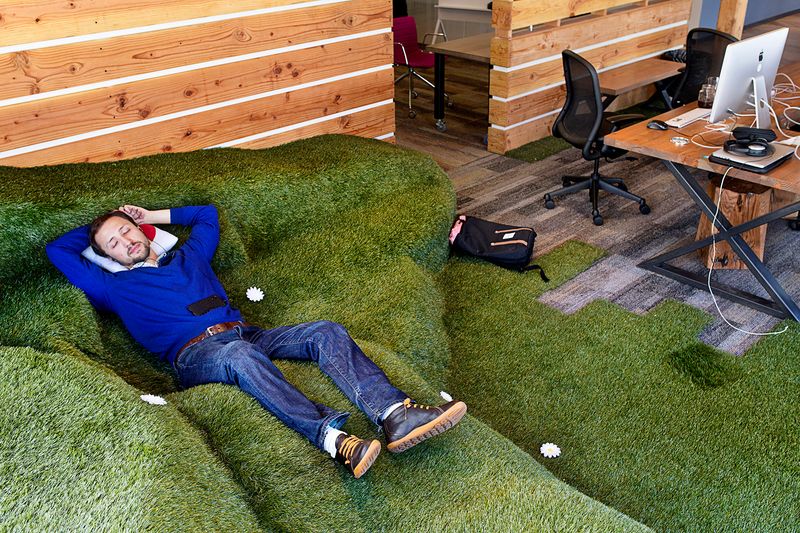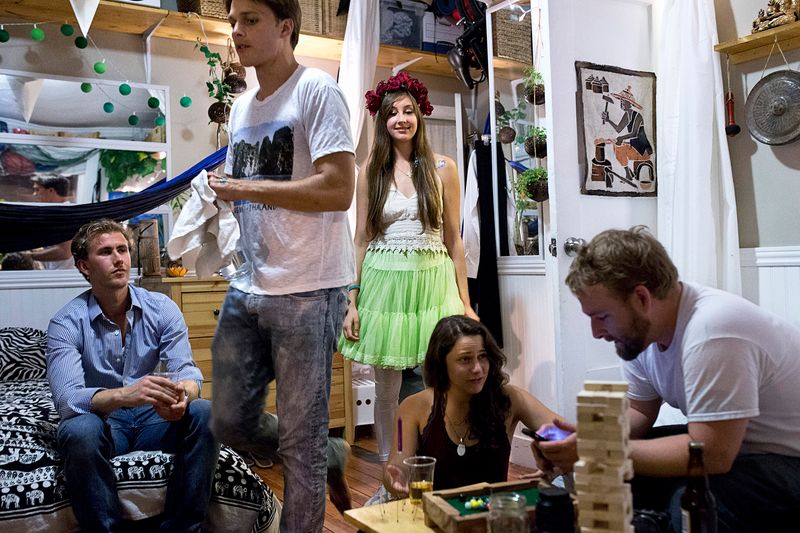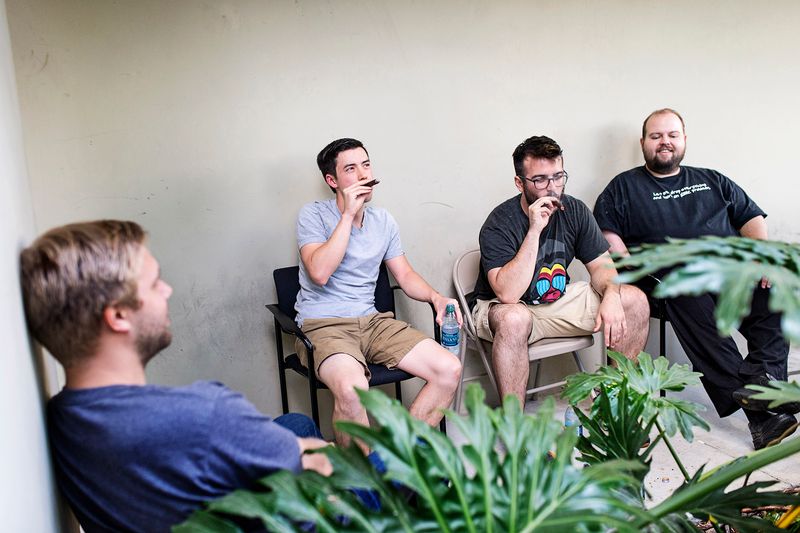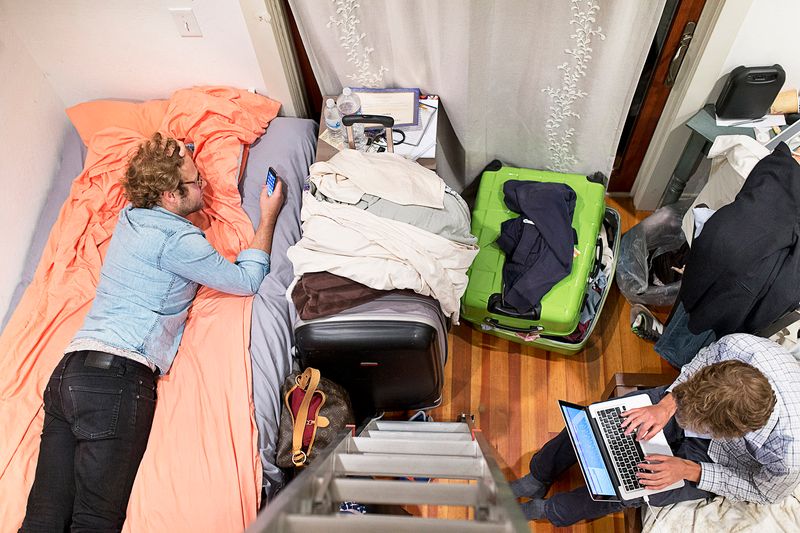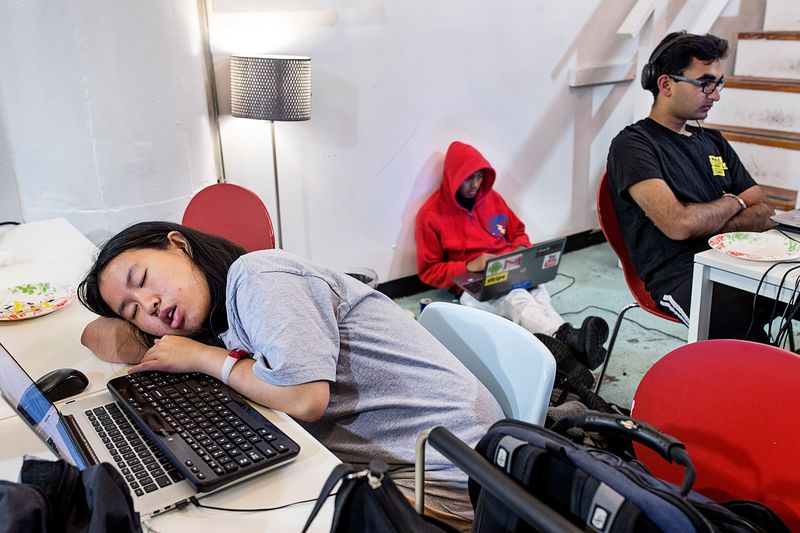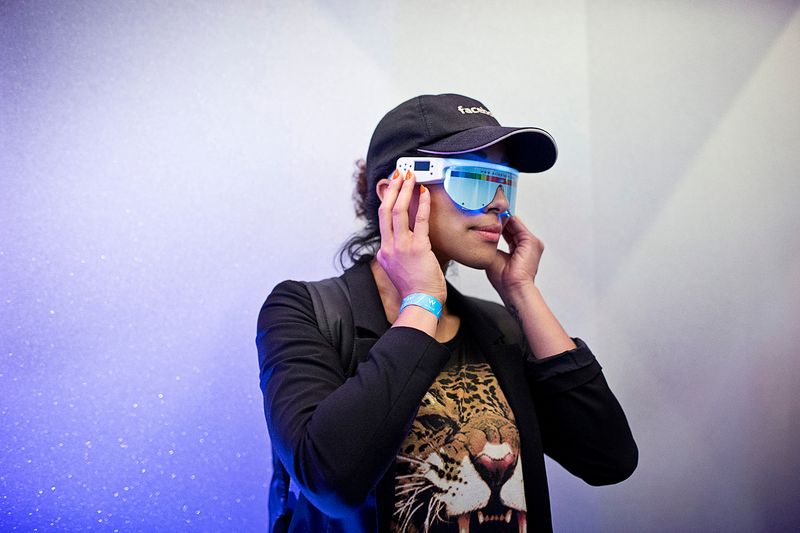Wild West tech
-
Dates2014 - Ongoing
-
Author
- Topics Daily Life, Contemporary Issues, Documentary
Wild West Tech
Summary: Much like the robber barons of the late 19th century industrial revolution, a group of entrepreneurs in the Silicon Valley are rapidly revolutionizing complete segments of how our society functions and works. Through innovations like artificial intelligence and advanced robotics, they could lead to the automation of hundreds, if not thousands, of professions; causing, for better or worse, a complete rethink of our social fabric. With the support of the PHM Women Photographers Grant, I would expand on the first part of my documentation of the technology boom, which focused on San Francisco’s start-up culture, to create a body of work that would bring into focus the massive structural changes being plotted in the Silicon Valley.
Proposal: In recent years, tales of enormous fortunes born out of the technology industry have created a new gold rush that has gripped San Francisco and the Silicon Valley. Many young entrepreneurs, geniuses and idealists have flocked to the area with the hope of striking it rich.
My project, “Wild West Tech,” explores the lives of these dreamers as they work long hours to build their companies. Their lives are intertwined: they live with each other, network with one another, compete with everyone, but also party together. They often live cheaply while working around the clock with hopes to build empires.
The first chapter was concentrated on documenting the frenzy of this economic boom in the city of San Francisco where companies that could be built with simply a laptop flourished. Venture capitalists took big risks and threw money at consumer websites and mobile apps, hoping to get lucky with a hit in the midst of the runaway economic bubble.
Now, I am expanding the project to the Silicon Valley where technology that has the potential of significantly changing our world, such as artificial intelligence, is being developed.
The valley is a collection of towns that developed rapidly from former farmland during the first computer revolution. Due to the greater availability of space than in San Francisco, Silicon Valley remains the center for physical technological innovation. Today, companies working on self-driving cars, drones and robotics are forging ahead. The results could forever shape the way humanity functions.
What will happen to truck drivers, deliverymen and taxi drivers when self-driving vehicles become commonplace? What will happen to industrial workers when advanced robots take over factories? With an abundance of venture capital funding and the accelerating pace of technological innovation, these questions will, without doubt, dominate the public discourse in the coming months and years – affecting our societal, economical and political fabrics.
My goal is to document the development of these innovations and the individuals behind them to create a rich, visual history of how these upcoming changes came to be. This is a complex project that necessitates extensive research. Funding from the PHM Women Photographers Grant would help give me the time, freedom and resources to complete it.
